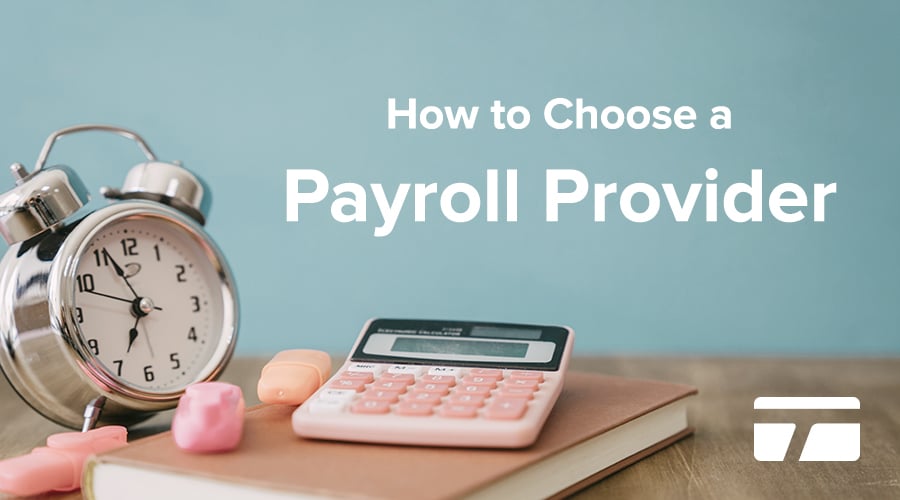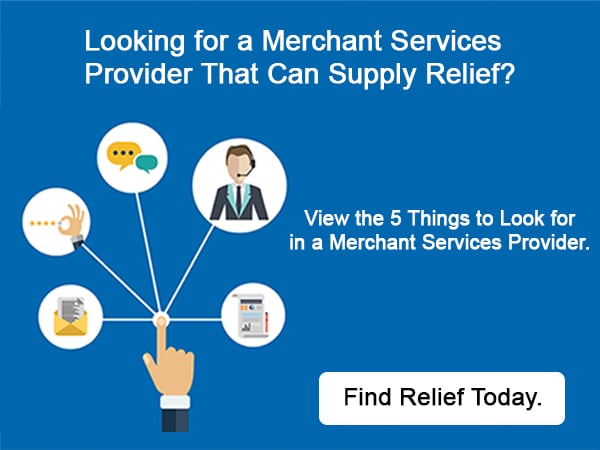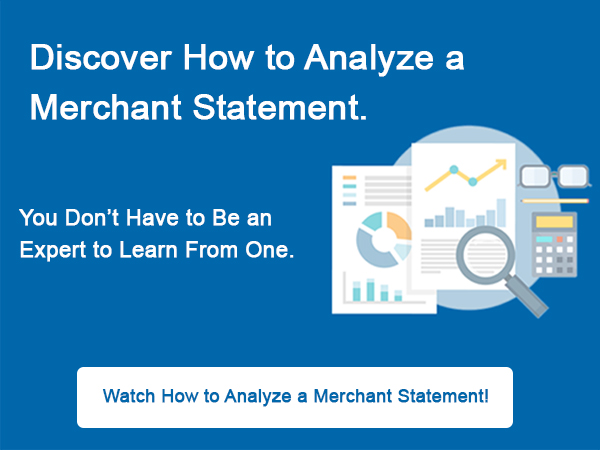
Articles with names like "Top 20 Payroll Companies in 2019" and "The 50 Best Payroll Providers for Small Businesses" point to a challenge faced by many small business owners: Sorting through the heap of payroll providers. Our cost comparison shows that even using the most popular payroll companies can be a recipe for overpaying for payroll services, especially for small businesses that don't need all the bells and whistles. So where should small business owners start their search? Here are 4 questions that will point you in the right direction — and help you steer clear of payroll providers and solutions that aren't a match:
1. Will you calculate, pay and file payroll taxes yourself?
Tax services and payroll services are the two most commonly outsourced finance and accounting functions. In fact, according to a report by Robert Half, nearly one-third of U.S. small businesses with less than $25 million in volume outsource both.
For many business owners, it’s a relief to outsource tax filing — not only for the time savings, but to enjoy vital protection from IRS fines and all-too-common payroll mistakes. Generally, tax filing services are what separates basic payroll solutions from full service payroll. Full service payroll providers will file your federal, state and local taxes and typically handle W-2s, W-3s, 1099s, 1096s and more. If you choose full service payroll, watch out for end-of-year and quarterly filing fees sometimes hidden by providers.
2. What is your budget for payroll services?
We can save you some time on this one — we created a payroll cost comparison chart stacking up some of the most popular payroll companies! One of the biggest factors in your payroll cost will be your payroll frequency. Most payroll companies either charge you per payroll (e.g. $45 flat fee each time you run payroll) or charge a monthly subscription cost (e.g. $45 per month for unlimited payrolls, no matter how many payrolls you run). If you pay your employees weekly, a per-payroll plan adds up very quickly.
One survey showed that 36% of small business owners spent between $101 and $500 per month on payroll, and 32% said they spent over $500 per month on payroll. How does that happen? In addition to a base cost to run payroll, fees for account setup, quarterly and end-of-year tax filing, number of employees and other costs could come into play. Remember to factor in add-ons like timekeeping or insurance coverage if you need them, and to ask your provider for a clear breakdown of costs.
Full Service Payroll starts at only $30/mo.
Calculate your payroll price for free!
3. How many employees do you have on payroll, and what kind of employees are they?
Some payroll providers have a minimum or maximum number of employees they'll support, from a 100-employee limit to enterprise-only payroll companies. Another important piece is what kind of employees you'll have on your payroll. Will you have part-time employees, full-time employees, contractors or vendors to pay and need additional tax forms like 1099s and 1096s? Will you have unique or one-off scenarios, like wage garnishments or child support payments? Compile those thoughts and make sure to ask the payroll representative when you’re vetting your options.
No matter what, your payroll solution should be easy to use and realistic in terms of the time it takes to input employee hours, wages and other necessary tax information. You can utilize a demo or a free trial to make sure the solution is the right fit.
4. What are your must-have payroll features?
Most basic payroll services make it simple for small business owners to complete three core tasks:
-
Run payroll
-
File and deposit payroll taxes
-
Transfer payroll and tax data to an accounting tool
A step above basic payroll, full service payroll typically includes features like free direct deposit and self-serve employee portals in addition to the robust, automated tax filing service.
It's increasingly common, however, to see payroll companies offer add-ons and features to help users cut down on data entry and wage calculations while getting more out of their payroll service. Here are some examples of common payroll add-ons:
-
Timekeeping and attendance
-
Human resources features
-
Workers Compensation Insurance
-
Multi-state payroll services
-
Integrated accounting features
Of course, you want a solution as flexible as your business needs, but your priority should be to get the features you know you'll use in the next 12 months. A reputable payroll provider won’t trap you in a lengthy service contract, so you can bump up or pare down functionality as your business changes.
Conclusion
You don't have to figure all of this out on your own! We've created a free guide to help small business owners find the best payroll provider: Do I Need Payroll Services for My Small Business?
Small business owners report spending 45 minutes to 2.5 hours every week just managing payroll, and up to two full business weeks every year handling federal taxes! It's vital that your pair up with the right payroll provider so you can give payroll the time it deserves — with Full Service Payroll, it's just a couple minutes — and get back to what matters.
Unlimited payrolls. Free account setup. 1 free employee.










 Facebook
Facebook Twitter
Twitter LinkedIn
LinkedIn Youtube
Youtube Glassdoor
Glassdoor